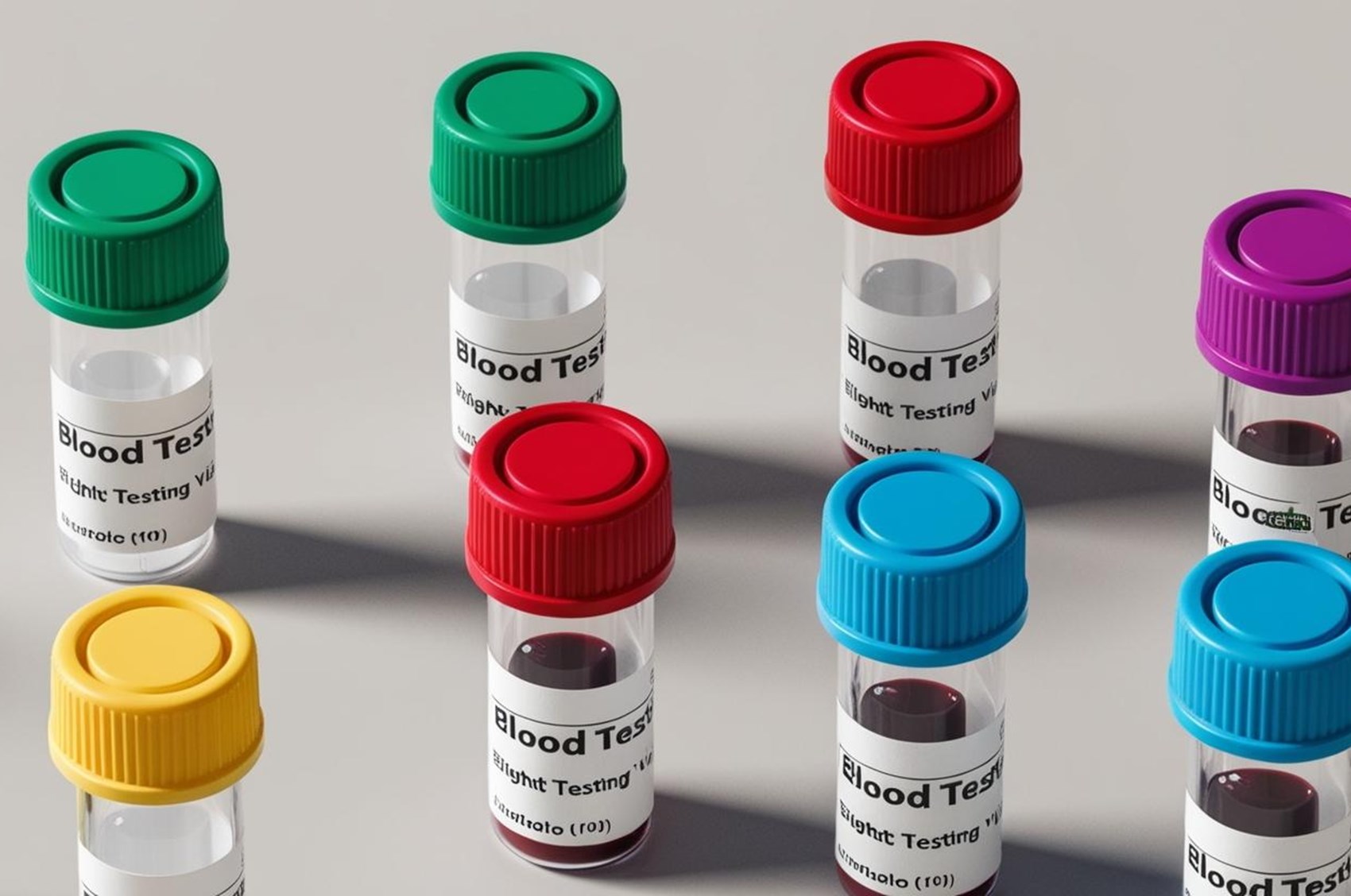Be part of the solution and make a difference

Psoriatic disease isn’t just about itchy, flaky skin or sore joints. It’s a whole-body condition that affects much more than people often realise, including, surprisingly, the way your blood clots. That matters a lot, especially if you’re managing something like a low INR.
So, INR, or International Normalised Ratio, is a measure doctors use to see how long it takes your blood to clot. A low INR means your blood clots faster than it should, which can raise your risk of things like blood clots, heart attacks, or strokes.
Research studies show that people with psoriasis and psoriatic arthritis often have ongoing inflammation throughout their body. That kind of constant inflammation doesn't just affect the skin and joints, it can also speed up your body’s clotting system. Even if you're not on blood thinners, your blood may naturally tend to clot more easily. This faster clotting can show up as a lower INR in blood tests.
Why does this matter? For one, it means that people with psoriatic disease might have a higher baseline risk of forming clots. And if you're someone who takes blood thinners like warfarin, this can make managing your medication more complicated. Inflammation from psoriatic disease can cause your INR levels to drop unexpectedly, making it harder to keep things in balance.
That’s why it’s so important to stay on top of your blood tests and talk to your doctor regularly. If you’re getting your INR checked, don’t skip those tests. If you notice new symptoms, like swelling in your leg, chest pain, or bruises that don’t make sense, it’s worth speaking up. These could be early signs of clotting issues, and catching them early makes a big difference.
Also, don’t forget that what you eat can affect your INR too. Foods high in vitamin K, like leafy greens, can interfere with medications like warfarin. You don’t have to avoid them completely, but consistency is key, your doctor can guide you on how to manage your diet safely.
At the end of the day, psoriatic disease isn’t just a skin condition. It can influence your whole system, including how your blood behaves. But the good news is that with regular monitoring and a proactive approach, you and your healthcare team can stay ahead of any potential risks and keep your health on track.
Sources:
Visser MJE, Venter C, Roberts TJ, Tarr G, Pretorius E. Psoriatic disease is associated with systemic inflammation, endothelial activation, and altered haemostatic function. Sci Rep. 2021 Jun 22;11(1):13043. doi: 10.1038/s41598-021-90684-8. PMID: 34158537; PMCID: PMC8219816.
Visser MJE, Tarr G, Pretorius E. Thrombosis in Psoriasis: Cutaneous Cytokine Production as a Potential Driving Force of Haemostatic Dysregulation and Subsequent Cardiovascular Risk. Front Immunol. 2021 Jul 16;12:688861. doi: 10.3389/fimmu.2021.688861. PMID: 34335591; PMCID: PMC8324086.
Marzano AV, Tedeschi A, Polloni I, Crosti C, Cugno M. Interactions between inflammation and coagulation in autoimmune and immune-mediated skin diseases. Curr Vasc Pharmacol. 2012 Sep;10(5):647-52. doi: 10.2174/157016112801784567. PMID: 22272909.
